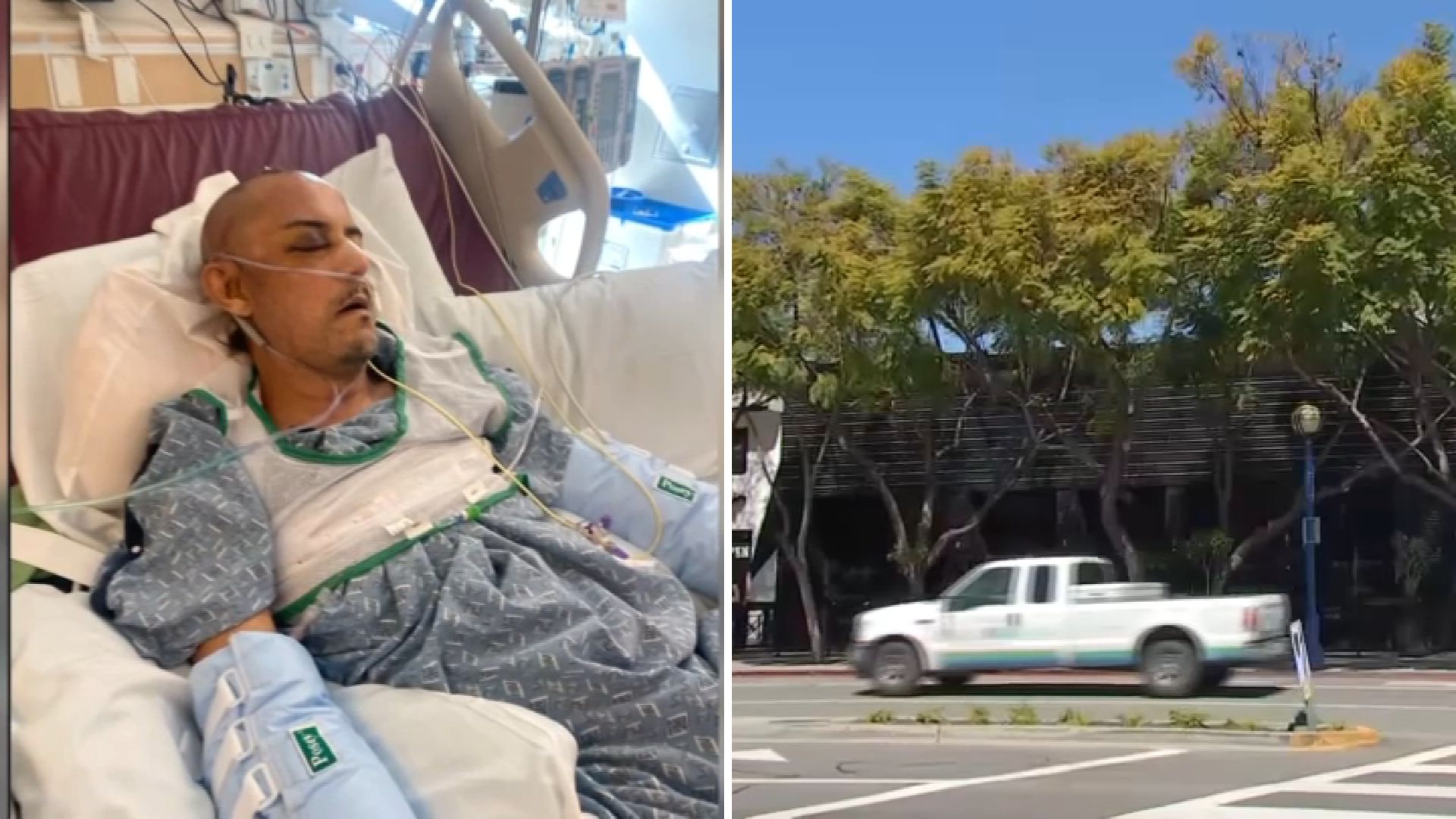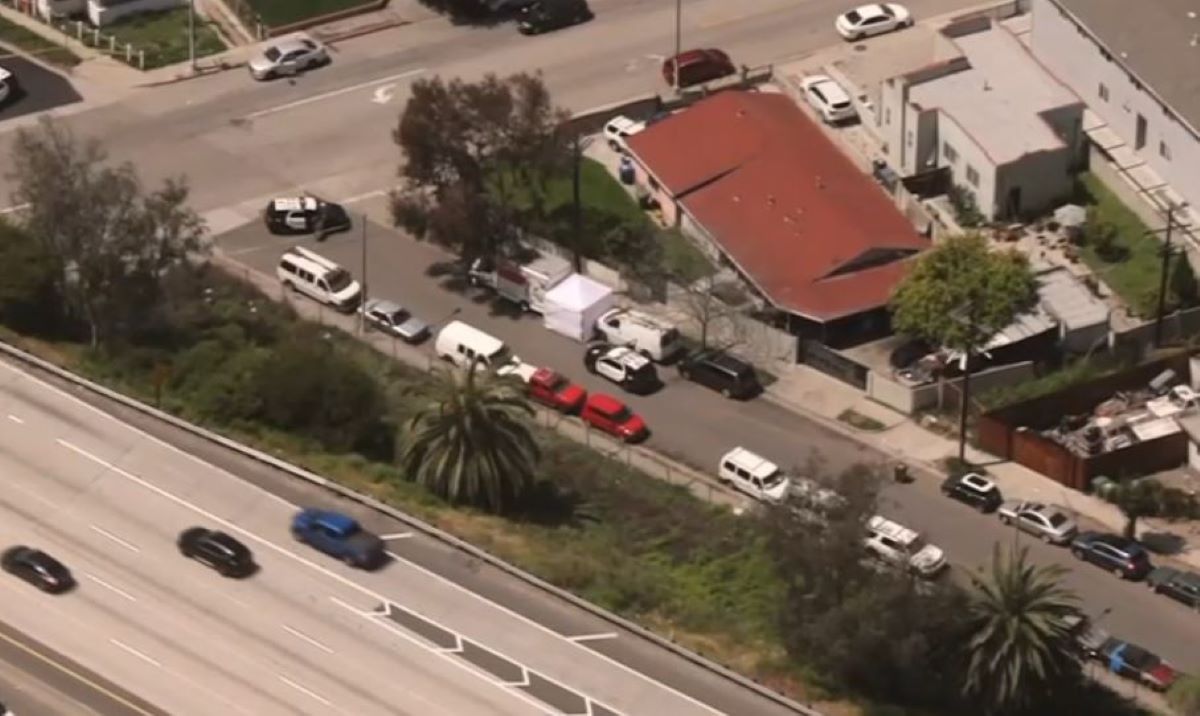A 23-year-old disabled woman sued Lyft Thursday, alleging that the ride-hailing platform has for years known about a sexual assault problem among some drivers, but failed to take adequate steps to protect users of its app and service.
The Los Angeles Superior Court lawsuit was filed by Cheyenne G., alleging she was assaulted by a Lyft driver on May 27, when she used the service to get home after grocery shopping.
The plaintiff is disabled, unable to drive and relies on ride-hailing for her transportation, the suit states.
This is the second such action against Lyft in 24 hours, preceded by a Wednesday suit involving 20 alleged sexual assault victims.
Over a dozen more women sued the company in September, arguing Lyft did not report rapes and sexual crimes to police.
Lyft did not immediately reply to a request for comment on the Cheyenne G case, but in recent months has spoken of "reinforcing our commitment to safety" and implementing a series of new measures.
Cheyenne G. works full-time at a major Southern California theme park, the suit states. Because of an aneurysm that happened when she was 12 years old that has required more than a dozen surgeries, she walks with a significant limp and is legally blind in one eye, the suit states, making her unable to flee from her attacker.
Local
Get Los Angeles's latest local news on crime, entertainment, weather, schools, COVID, cost of living and more. Here's your go-to source for today's LA news.
According to her suit, and statements made Thursday by her and attorney Mike Bomberger, the driver offered to help her carry her groceries through a gate to her home, but after bringing the last bag to her front door, he grabbed the plaintiff's face and tried to kiss her. The woman pushed him away, but the driver grabbed her wrists and tried to force himself on her, the suit alleges.
She responded by giving him a knee to the midsection which drove him back, and he left.
"'I'm sorry," she recalled him saying as he went out the gate.
"Me being disabled, I know he took advantage of me," she said. "The way I walk ... he thought I was weak."
She recalled calling Lyft almost immediately, and being assured the company would take action against the driver, whom she knew only by the name "Renato" on his app profile.
The suit contends the next day she received an email from Lyft, which read in part, "I've investigated the concerns you raised and taken the required course of action with this Driver."
The required course was not specified, nor was the driver's full name revealed.
Cheyenne G. called the incident to the Los Angeles Police Department, and spoke to officers who responded to her home. Their report categorizes the incident as a "battery" and indicates Lyft would not provide them with information on the driver's vehicle, and his full name remained unknown to them.
"She cannot even get his full name if she wants to file for a restraining order," said Bomberger. He accuses Lyft of "stonewalling."
Lyft typically requires a warrant to release driver and vehicle information for an investigation, according to LAPD Wilshire Detective Nunez, who was assigned the case and has experience in previous investigations involving ride-shares.
Checking records, she told NBC4 it appears the complaining victim (Cheyenne G.) did not respond to follow up messages from LAPD, and as a result there was no attempt to continue working the case and obtain a warrant. Cheyenne G. said she became busy at work and acknowledged she stopped pursuing a criminal case.
But she said she remains concerned that she has no knowledge of his current status, including whether or not he is still driving ride-shares.
Bomberger asserted in some cases Lyft has permitted drivers accused of misconduct to continue driving.
"This lack of a zero-tolerance policy encourages sexual predators to join its platform," he said.
"What these women describe is something no one should have to endure," reads in part a statement issued Wednesday by Lyft in response to the suit filed in San Francisco. " ... in just the past few months, we've launched more than 15 new safety features — including daily continuous criminal background monitoring of all of our drivers ..."
In October Lyft announced a partnership with the ADT security company, and a new addition to the Lyft app offering a direct emergergency connection to an ADT response center. That is to be tested in a pilot program in several major cities, including Los Angeles.
Lyft also added means to contact 911 through its app.
"To expect a woman being assaulted to operate a smartphone is absurd," said Bomberger. He questions the effectiveness of Lyft's recent actions. Eight of the 21 incidents alleged in the new filings occurred since September.
The lawsuit alleges that Lyft has hidden the number of reported rapes and sexual assaults committed by their drivers and made an effort in the media, in litigation and in criminal cases to conceal how widespread the problem is.
As it happened, within hours of the news conference at which Cheyenne G. and Bomberger spoke, Lyft's ride-share rival Uber released a report on its safety record in 2018, disclosing that Uber had been made aware of some 3,000 reported sexual assaults.
Bomberger lauded Uber for releasing the report.
Some ride-share drivers have also raised the issue of their safety, contending more measures need to be taken to protect them, including security cameras to record what goes on both outside and inside.
Gracie Cantarero, a former Lyft driver now with Uber, has gone ahead on her own and covered the cost of installing multiple video cameras in her Prius.
"I think it's 100 percent necessary," Cantarero said.
Cheyenne G believes as another measure, women riders should be offered the option of specifying their driver also be a woman.



